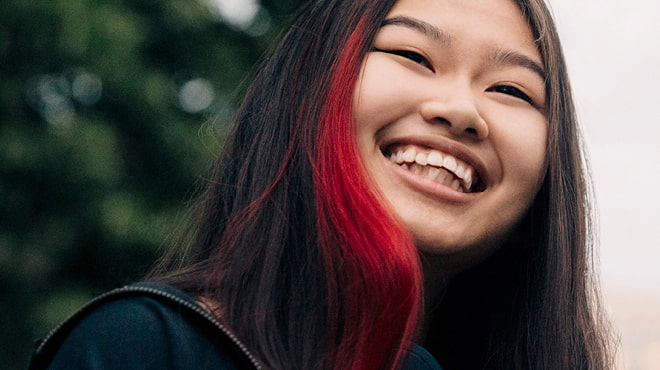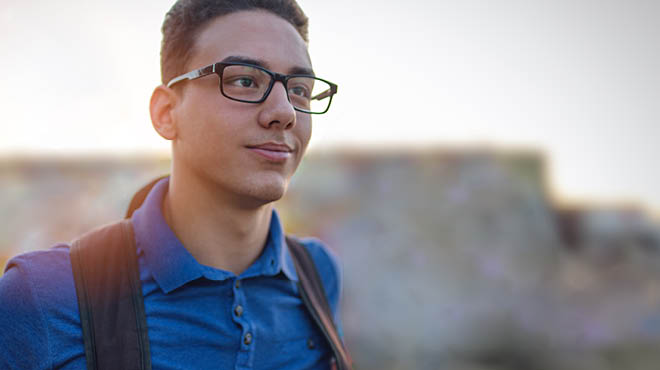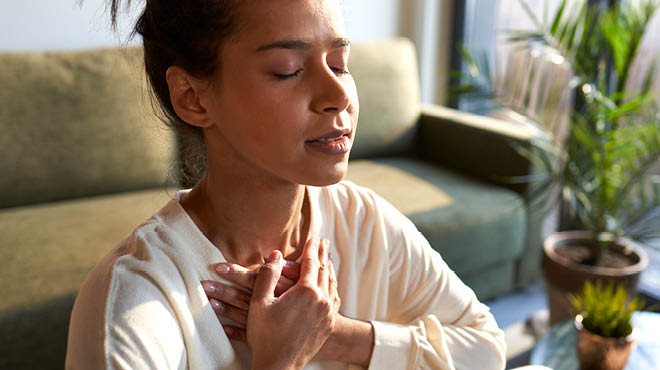The art of kindness

Kindness is more than behavior. The art of kindness involves harboring a spirit of helpfulness, being generous and considerate, and doing so without expecting anything in return.
Rather than viewing it exclusively as an action, think of kindness as a quality of being you can cultivate. Giving kindness often is simple, free and health-enhancing.
Good for the body
Kindness has been shown to increase self-esteem, empathy and compassion, and improve mood. It can decrease blood pressure and cortisol, a hormone directly correlated with stress levels. People who give of themselves in a balanced way also tend to be healthier and live longer.
Kindness can increase your sense of connectivity with others, decrease loneliness, combat low mood and improve relationships. It also can be contagious, encouraging others to join in with their own generous deeds.
Looking for ways to show kindness can give you something to focus on, especially if you are anxious or stressed in certain social situations.
Good for the mind
Physiologically, kindness can positively change your brain by boosting levels of serotonin and dopamine. These neurotransmitters produce feelings of satisfaction and well-being, and cause the pleasure and reward centers in your brain to light up. Endorphins, your body's natural painkiller, also may be released when you show kindness.
Discover ways you can create happiness.
Be kind to yourself
When sharing kindness, it's not just how you treat other people — it's also about how you extend those same behaviors and intentions to yourself. I believe you can be kinder in your own self-talk and practice gratitude.
People are good at verbally beating themselves up which does not work as a pep talk. Rather, negativity often causes you to unravel and may even create a vicious cycle of regularly getting down on yourself. You wouldn't talk to your neighbor the way you sometimes speak to yourself. This is what I call the good neighbor policy, which can be helpful. If you wouldn't say it to your good neighbor, don't say it about yourself.
Take action
Start your day with this question: "How am I going to practice kindness today?" For a homework assignment, I have invited some patients to pay attention and periodically document their evidence of kindness to others and especially to themselves during the day. This positive focus is like planting positive seeds in your mind garden. Where focus goes, energy flows.
A young client recently asked if I wanted them to get on the ARK. When I asked what that meant, the client replied, "Acts of random kindness." How about you? Are you willing to get on the ARK?
Consider joining Mayo Clinic Health System's Kickstart Kindness program to start your kindness journey. The program offers many ideas on how to extend kindness to yourself, your community, environment, home, family, co-workers and others.
Finally, I'd like to leave you with this quote by the Dalai Lama: "Be kind whenever possible. It is always possible."
Steve Siegle is a licensed professional counselor in Psychiatry & Psychology in Menomonie, Wisconsin.



